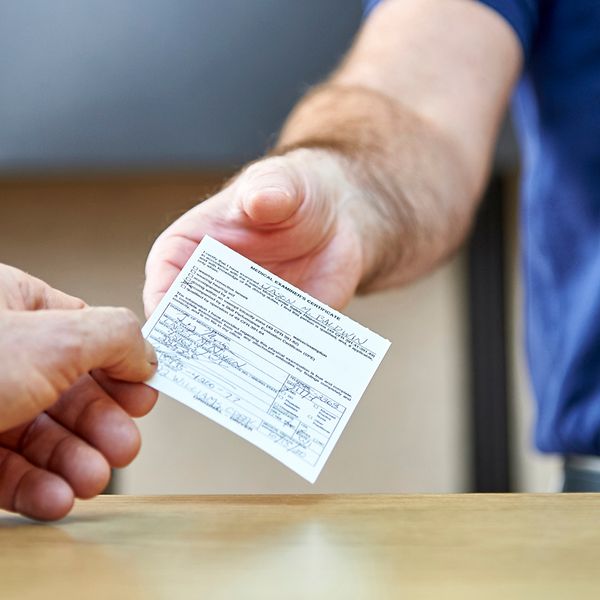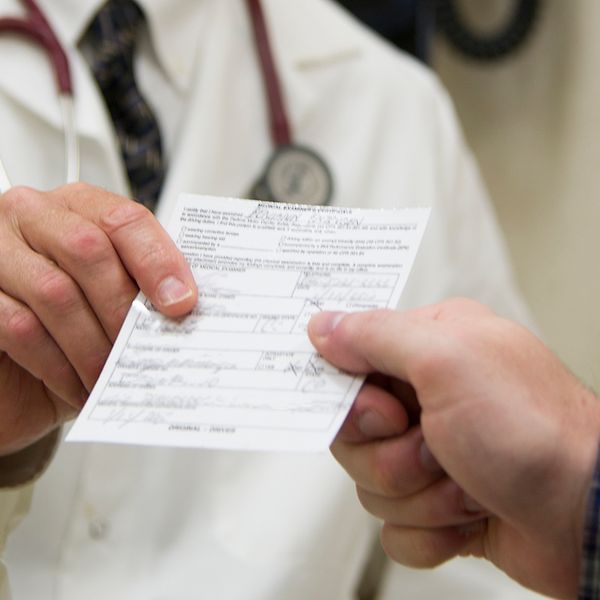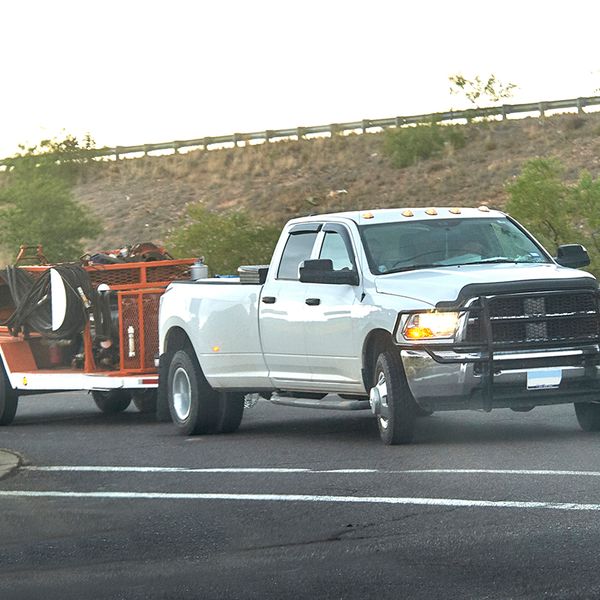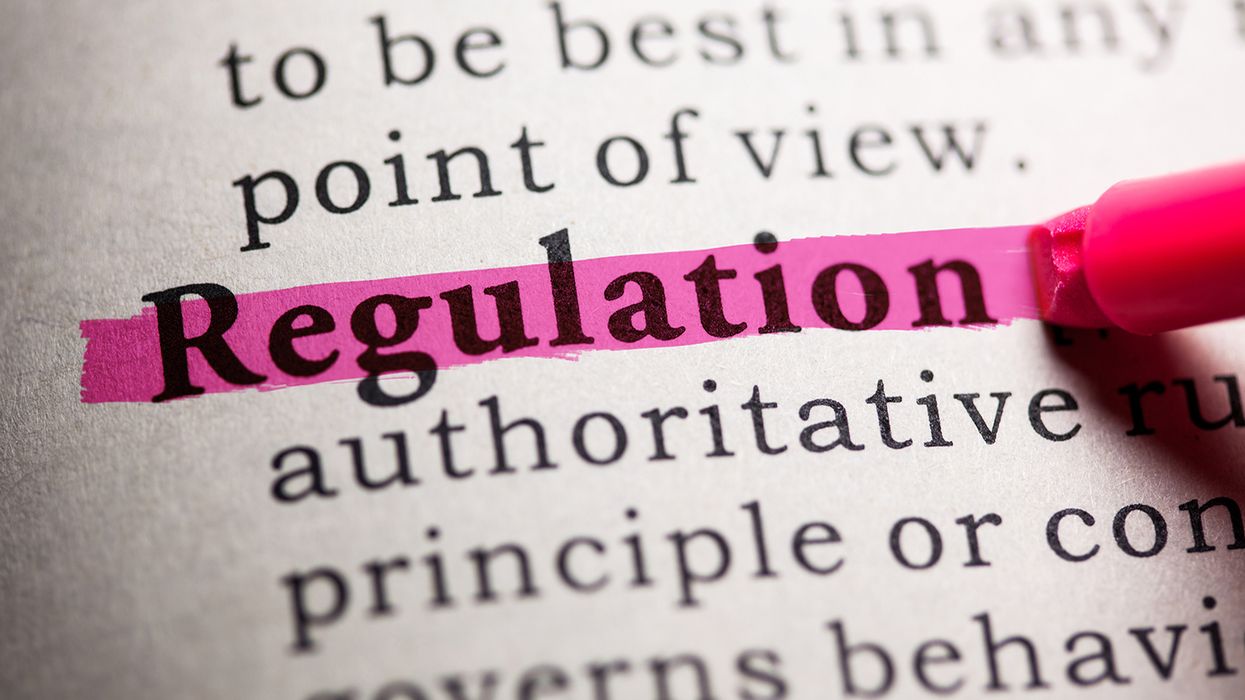Do Canadian drivers need medical cards to operate in the United States?
It’s been a popular question lately, so let’s first backtrack a little and remember the Reciprocity Agreement that Canada and the United States entered into back in March 1999. Canada and the U.S. agreed and recognized that the Canadian commercial driver’s licence process for certain classifications of licenses included proof of medical fitness to drive a commercial motor vehicle (CMV).
The following excerpt from Title 49, Code of Federal Regulations Section 391.41, paragraph (a)(1)(i) states as follows: “(a)(1)(i) A person subject to this part must not operate a commercial motor vehicle unless he or she is medically certified as physically qualified to do so, and … when on-duty has on his or her person the original, or a copy, of a current medical examiner’s certificate that he or she is physically qualified to drive a commercial motor vehicle. Therefore, Canadian CMV drivers don’t have to have a medical examiner’s certificate on their person if:
- They have a valid CDL issued by a Canadian Province or Territory; and
- Whose license and medical status, including any waiver or exemption, can be electronically verified.
So once and for all, the answer for those drivers holding a Canadian commercial class licence is that the medical status is already tied to the driver’s license, and there’s really nothing additional drivers need to do to meet the U.S. CDL/medical card rule. Having a valid licence is proof of medical qualification, but there are some watch-outs.
What about waivers?
Canadian drivers who do not meet the medical fitness provisions of the Canadian National Safety Code for Motor Carriers but are issued a waiver by one of the Canadian provinces or territories are not qualified to drive a CMV in the United States. In addition, U.S. drivers who received a medical variance from FMCSA are not qualified to drive a CMV in Canada.
As part of the US/Canada Medical Reciprocity Agreement for Commercial Drivers, Canadian jurisdictions use a “W” code. Code W indicates the driver is not medically qualified to operate into the United States; specifically, Code W means “restricted commercial class – Canada only.”
What about lower licence classes?
The situation gets a little more complicated for drivers that hold a Canadian Class 5, Alberta Class 3, New Brunswick Class 3, or Ontario Classes D and G. Since the U.S. requires a medical certificate for all commercial drivers who operate vehicles with a Gross Vehicle Weight (GVW) of 10,001 lb (4,536 kg) or more. In Canadian provinces, the above licence classes are sufficient to operate a two-axle straight truck irrespective of GVW (i.e., including trucks with GVW greater than 10,000 lb) or a two-axle straight truck in combination with a trailer that weighs less than 10,141 lb (4,600 kg) for commercial (and non-commercial) purposes. However, drivers do not have to undergo a medical examination to obtain a license. Therefore, holders of these classifications do need to submit additional information to show they are medically certified as those licenses do not include the medical certification component. The additional information needed is:
- A Canadian medical confirmation letter issued by the Province or Territory; or
- A medical examiner’s certificate issued by a medical examiner on the U.S. National Registry of Certified Medical Examiners; or
- An endorsement code on their license to indicate periodic medical examination.
If any driver cannot provide evidence of medical qualification through one of the options provided above, enforcement personnel will be documenting the appropriate violation on a roadside inspection report (49 CFR 391.41(a)).
So? do Canadian CMV drivers need medical cards to operate into the United States?
Here is the “official” answer for now: If a Canadian driver holds a commercial class of license that requires a medical examination as part of the licencing process, generally a Class 1,2,3, or 4 (Class A, B, C, E, F-Ontario), and operates into the United States, the driver does not require proof of medical qualification to legally operate into the United States. If a Canadian driver holds a non-commercial class of license, for example, a Canada Class 5 or Class G in Ontario, and operates vehicles into the United States, the driver does in fact require proof of medical qualification to legally operate into the United States. It’s important to evaluate your drivers, and their licenses and ensure that they’re carrying where required the appropriate medical qualification documentation If they will be crossing into the United States.




















































